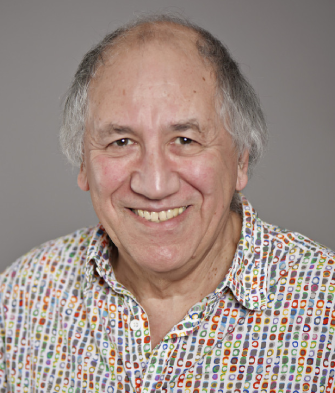Although Saturday, April 22nd, marks Earth Day, climate change has become a pressing global issue. Some of its effects include air pollution, droughts, and heat waves, thus placing many lives at risk. The biggest challenge is finding a solution to balance the environment and the economy, as many global economies depend on fossil fuels.
 According to Geoff Ozin, a chemistry professor at the University of Toronto, the best solution is to create a circular carbon economy. Under this innovative economy, CO2 is captured from “ambient air and point sources through adsorption and desorption processes.” Onwards, they are converted into other products, such as commodity chemicals and fuels, construction materials, and plastics. In essence, CO2 can be reused to create products rather than acting as a pollutant. Hence, this solution can help combat climate change while meeting growing economic needs.
According to Geoff Ozin, a chemistry professor at the University of Toronto, the best solution is to create a circular carbon economy. Under this innovative economy, CO2 is captured from “ambient air and point sources through adsorption and desorption processes.” Onwards, they are converted into other products, such as commodity chemicals and fuels, construction materials, and plastics. In essence, CO2 can be reused to create products rather than acting as a pollutant. Hence, this solution can help combat climate change while meeting growing economic needs.
So far, there have been 700+ companies that focus on circular carbon projects. Around 60% of these companies focus on CO2 capture, with 10.5% capturing CO2 from point sources and 52.5% from ambient air. This sector may generate annual revenues of up to $2.46B. Despite these opportunities, there are some challenges regarding feasibility due to how young this industry is. Geoff Ozin discusses these findings in an article recently published by the Advanced Science News.
Prof. Ozin and his research team have also been developing approaches to overcome the inherent issues of methanol production using thermal heterogeneous catalysis. In a recent study published in the journal Joule, they show that this “thermodynamic bottleneck” can be circumvented by driving the conversion with light. The use of a photodynamic state allows for a 17.5-fold enhancement in the MeOH production rate, a reduction in energy demand by 78%, and a boost in selectivity, improving the efficiency of gas-phase heterogeneous catalysis.


